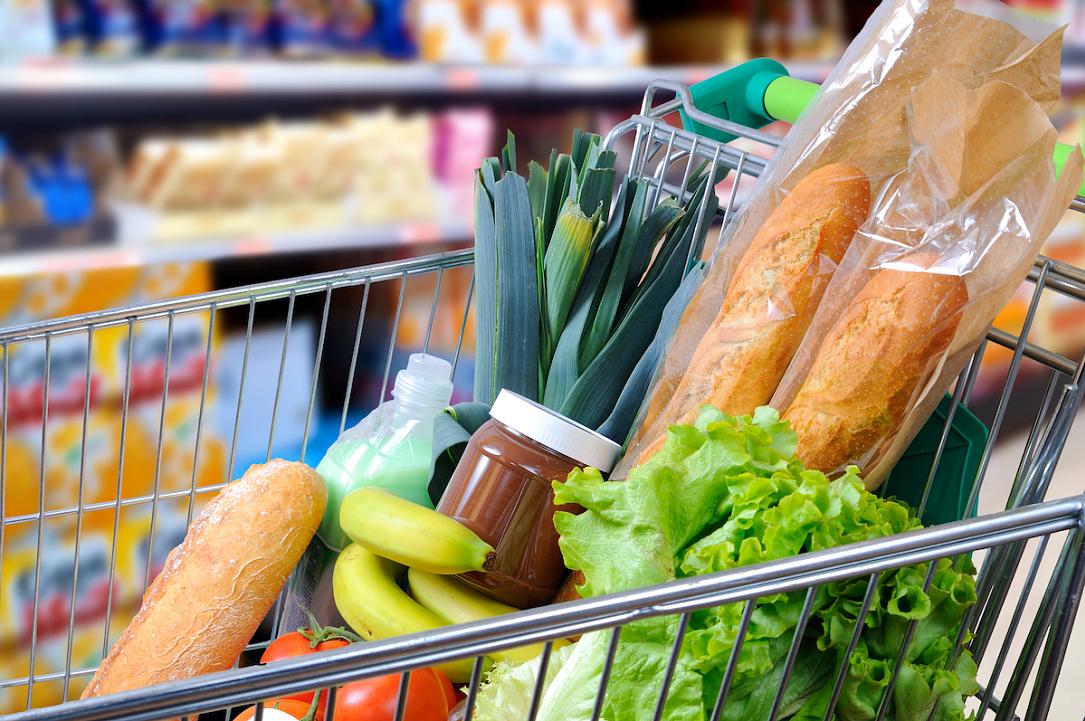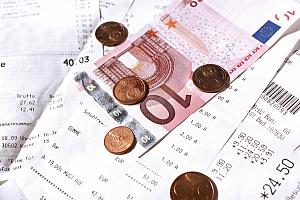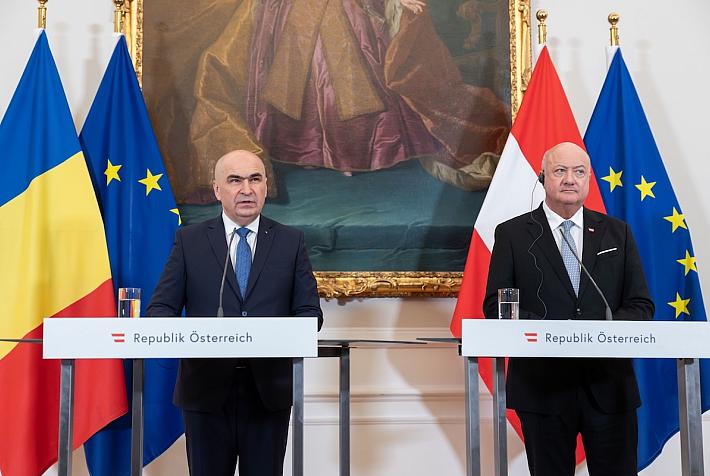Romanian households spend over a quarter of their budget on food, the highest share in EU

Romanian households spent, on average, 27.8% of their budget on food and non-alcoholic beverages, in 2018, by far the highest share in the European Union (EU), according to data from the European statistics office – Eurostat.
The share of food in the total expenses of Romanian households is more than double the EU average (12.1%), and almost triple compared to countries such as Germany and Austria, where 10.8% respectively 9.7% of all household expenses go on food. The lowest share was recorded in the UK, where only 7.8% of the average household budget went on food.
Romania was followed in this ranking by Lithuania, with a 20.9% share of food in total expenses, Estonia (19.6%), and Bulgaria (19.1%).
Romania is also one of the few countries in EU where households spend more on food than on housing and utilities. In the EU, housing and utilities take, on average, 24% of a household’s budget, followed by transport (13.2%), and food (12.1%).
In Romania, food takes 27.8%, followed by housing and utilities (22.5%), and transport (11.2%).
Romanian households spend a higher share of their budget on alcohol and tobacco (5.7% compared to 3.9% EU average), health (6.0%, compared to 3.9% in EU), communications (4.1% compared to 2.3% in EU), and education (2.1%, compared to 1.2% in EU). The higher shares of expenses for health and education are due to lower spending by the state in these areas.
Meanwhile, Romanian households spend a much lower share of their budget on restaurants and hotels (3.1%, compared to 8.7% EU average), and recreation and culture (5.8%, compared to 9.1% EU average). The shares of expenses for clothing and furniture and household items are also lower in Romania than in the EU.
More data on how households in Romania and EU spend their budgets are available here.
editor@romania-insider.com
(Photo source: ID 63616612 © David Izquierdo | Dreamstime.com)













